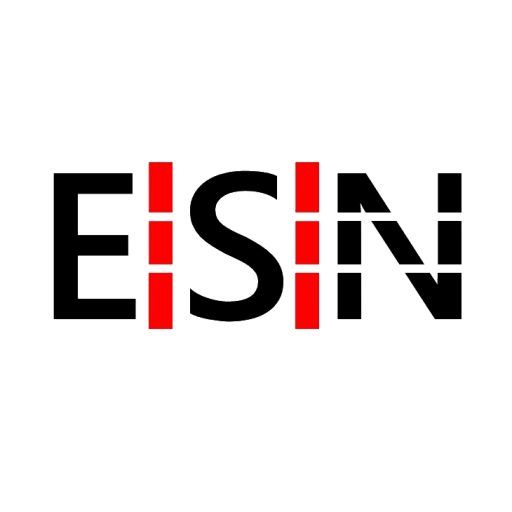Introduction
Mark Zuckerberg developed Facebook together with roommates and launched it in February 2004. He initially only allowed Harvard students to sign up for an account, but shortly after he added more Universities to the list and allowed it to grow into the biggest Social network we currently have. Facebook sells ads on their platform and has a lot of information from their userbase to target these ads effectively. Large organisations are still a bit wary to use enterprise services of Facebook, but smaller organisations and startups are embracing them.
Impact on organizations
We expect organisations to be available on Facebook. This means that we as consumers can reach them somewhere where others can also see our converstions and even join them. Facebook has made a huge step in VR by acquiring Oculus and they have recently introduced Facebook Workplace as their Enterprise Social network solution. The advantage they have is the fact that we’re used to using Facebook, which makes it easy to figure out how Workplace Works and the that they can re-use the code they have already used and A-B tested in the consumer verison of Facebook.
The future
Facebook Workplace is not just an experiment of Facebook. We expect Facebook to continously invest in the enterprise and we also expect them to invest in features based on the integration between the two versions. This is what we consider to be the next step w.r.t. Enterprise Social technology and Facebook has a huge advantage here. We also expect Facebook to invest in the integration between Oculus VR and Facebook workplace for virtual meetings and it won’t take long for Facebook to introduce more video features in the consumer version of the Facebook platform.




